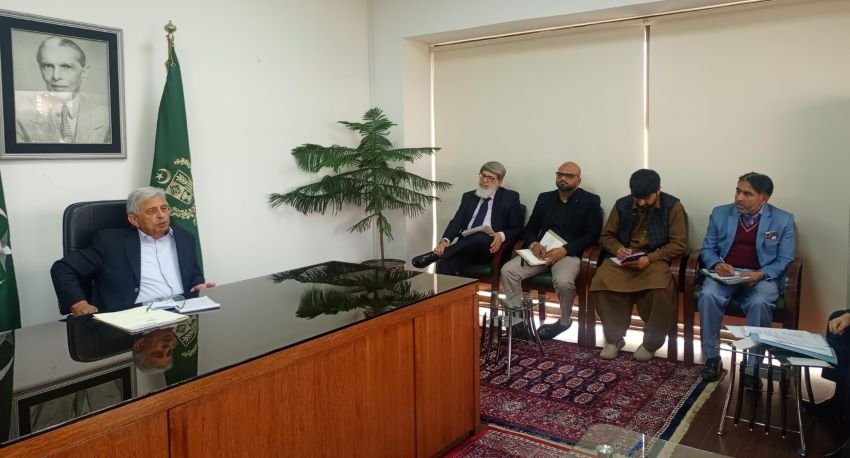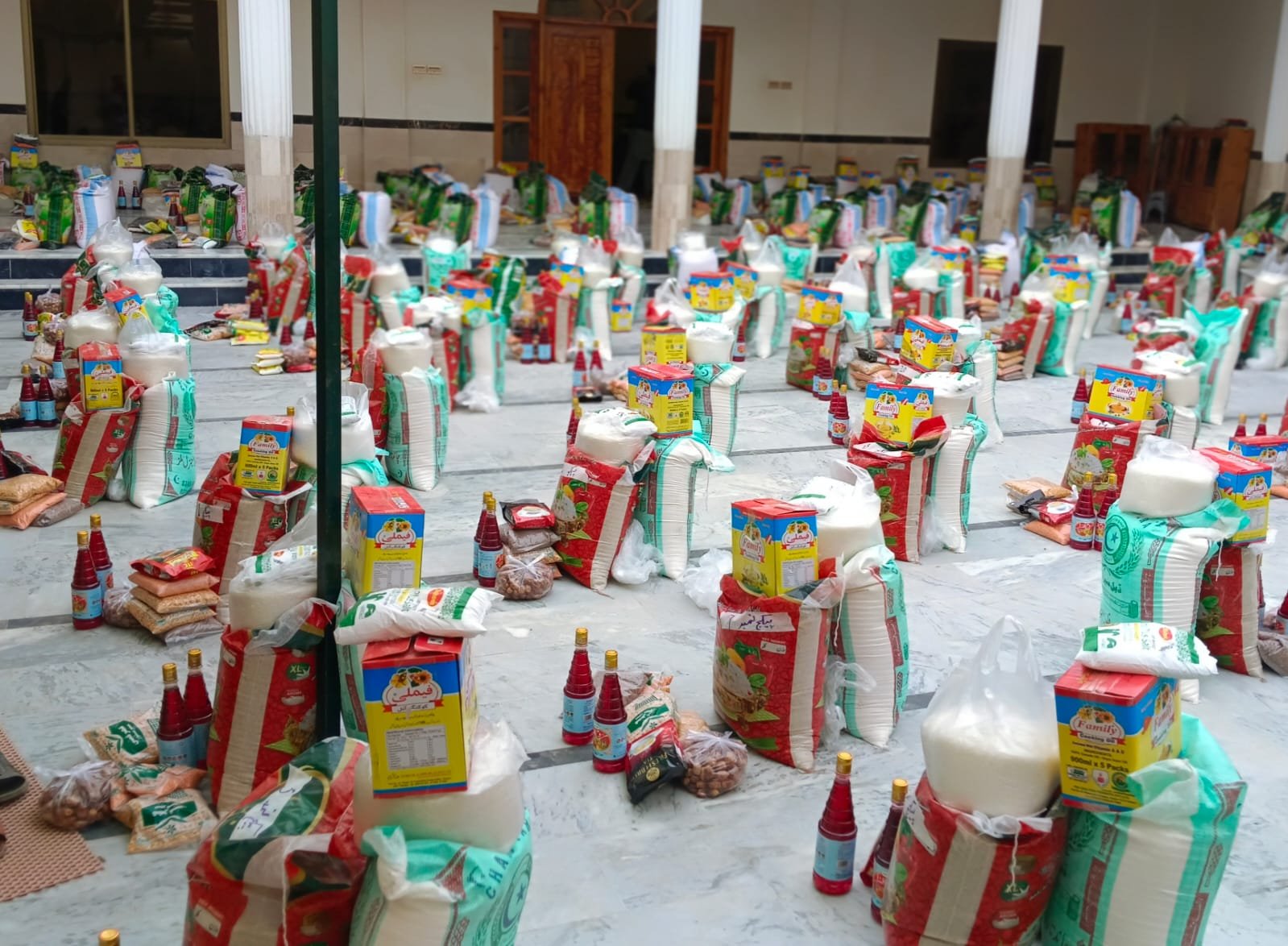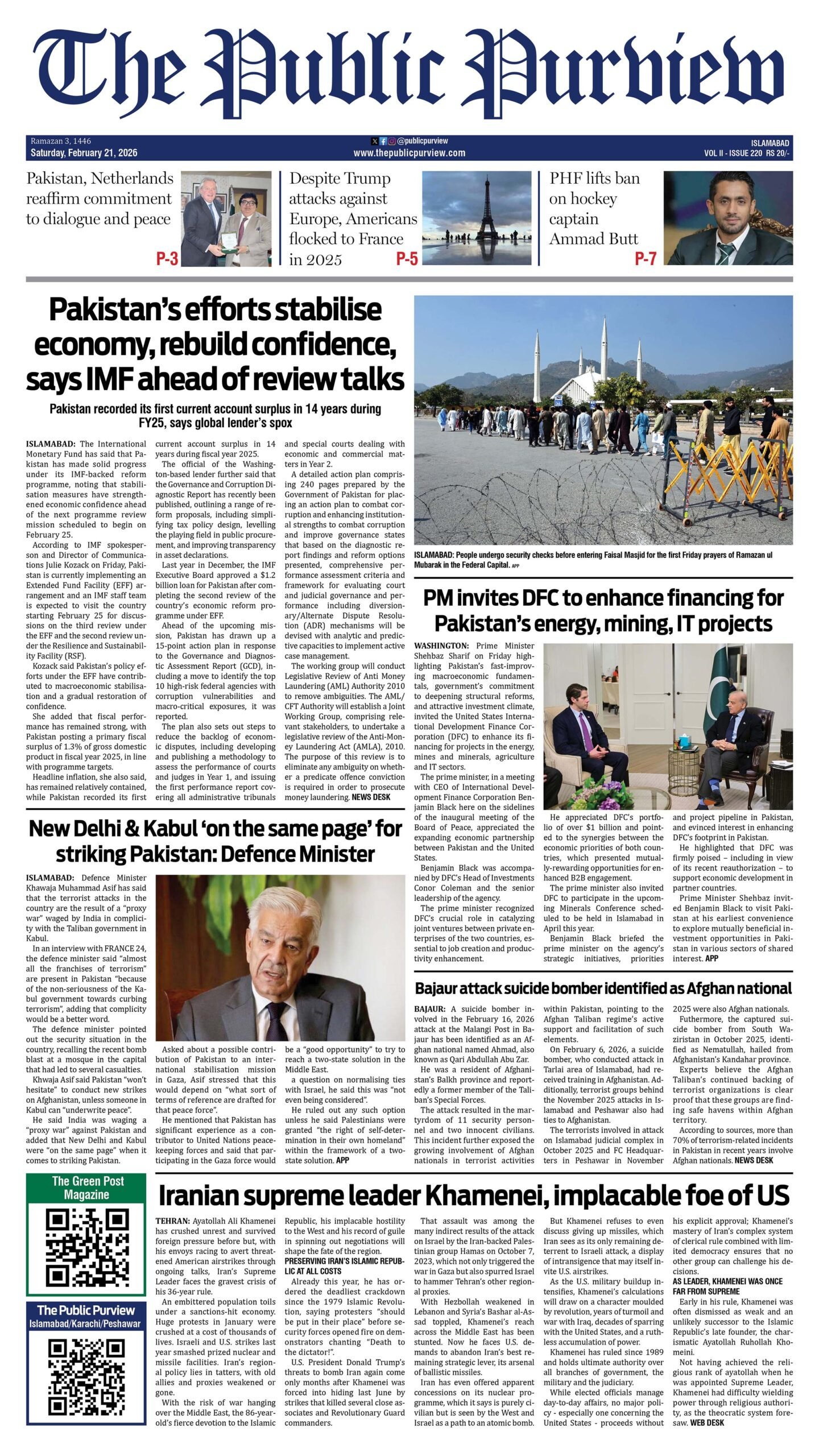Wajeeha Kifayat
Khyber Pakhtunkhwa has witnessed a disturbing surge in HIV cases, with a total of 8,063 registered cases, including 5,656 adult males, 1,847 adult females, 149 transgender individuals, and 243 child cases. This alarming trend has prompted concerns among health experts, who attribute the increase to improved testing capacity and mandatory screening procedures.
The story of 25-year-old Sofia Khan(not her real name), a resident of Peshawar, highlights the human cost of this epidemic. Diagnosed with HIV in 2020, Sofia’s husband, a drug addict, had transmitted the virus to her. “I was devastated, but I knew I had to fight,” she says, now advocating for awareness and acceptance.
According to Dr. Yasir Hayat Taj, HIV Program Officer, “The increase in cases is largely due to our enhanced testing capacity and mandatory screening for blood transfusions and surgeries.” However, stigma surrounding HIV remains a significant challenge. “People fear being ostracized,” Dr. Taj notes. “We need to change the narrative.”
The data reveals that Peshawar accounts for the majority of cases, with 4,000+ registered, followed by Bannu. High-risk groups include transgender individuals, injectable drug users, and sex workers. However, general population vulnerability due to unsterilized instruments and lack of awareness is also a concern.
Experts emphasize education, awareness, and acceptance as key to combating the spread. “We must address stigma and promote self-testing,” urges Dr. Taj. Sofia’s story serves as a testament to resilience and hope.
The provincial AIDS program has expanded its reach, with 13 HIV centers providing free treatment and testing. However, confidentiality concerns persist, with many patients seeking treatment in other districts to maintain anonymity.
In contrast, Punjab and Sindh have reported higher rates of HIV positive patients, who are living normal lives with the condition. These provinces provide self-testing kits, which are not yet available in KP.
The treatment, while not curable, allows individuals to live up to 70-80 years with proper medication. “HIV rarely kills people,” Dr. Taj assures. “It’s the stigma that’s deadly.”
As KP struggles to contain the spread, it’s clear that a multifaceted approach is needed – one that combines awareness, education, and acceptance.
Over 8,000 registered HIV cases in KP
5,656 adult males, 1,847 adult females, 149 transgender individuals, and 243 child cases
13 HIV centers providing free treatment and testing
70-80 years life expectancy with proper treatment
Highest prevalence in Peshawar and Bannu.







 Today's E-Paper
Today's E-Paper